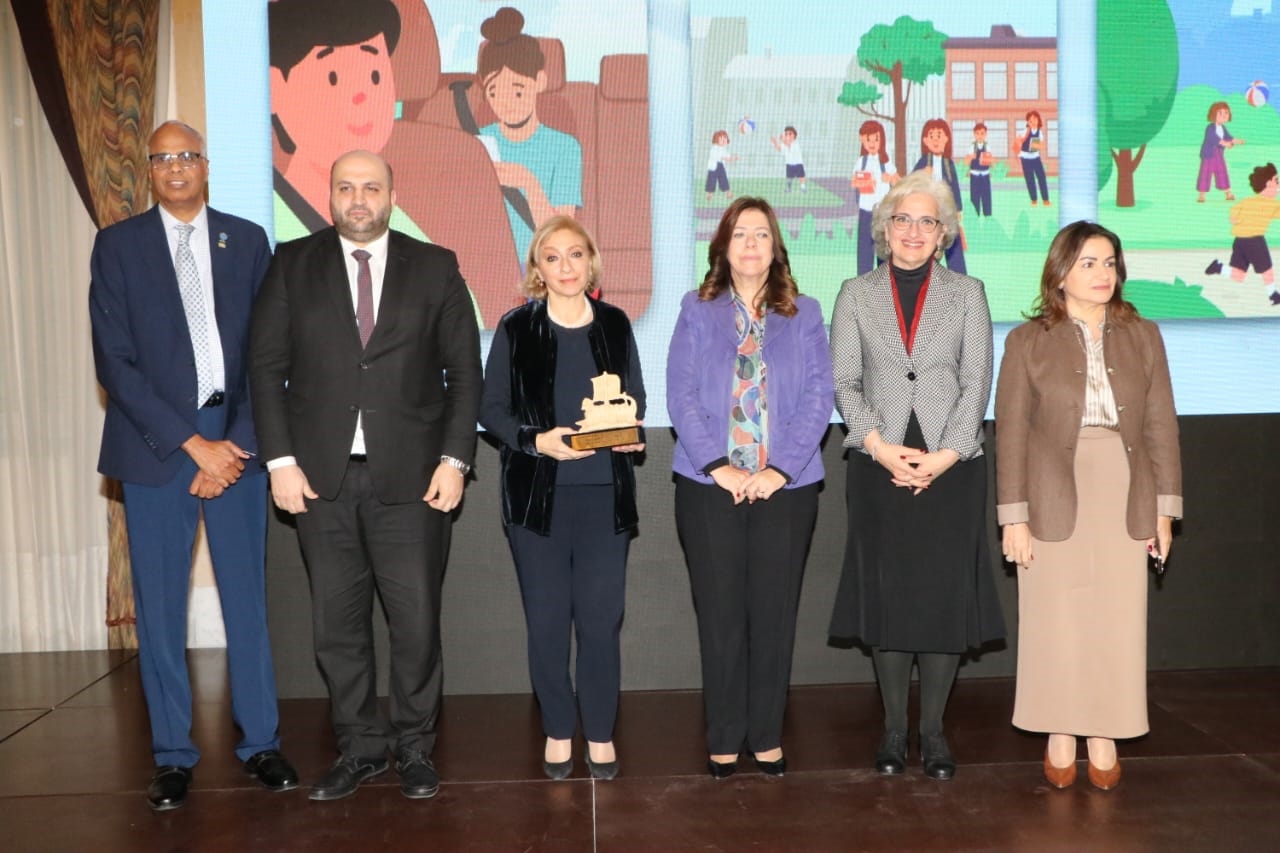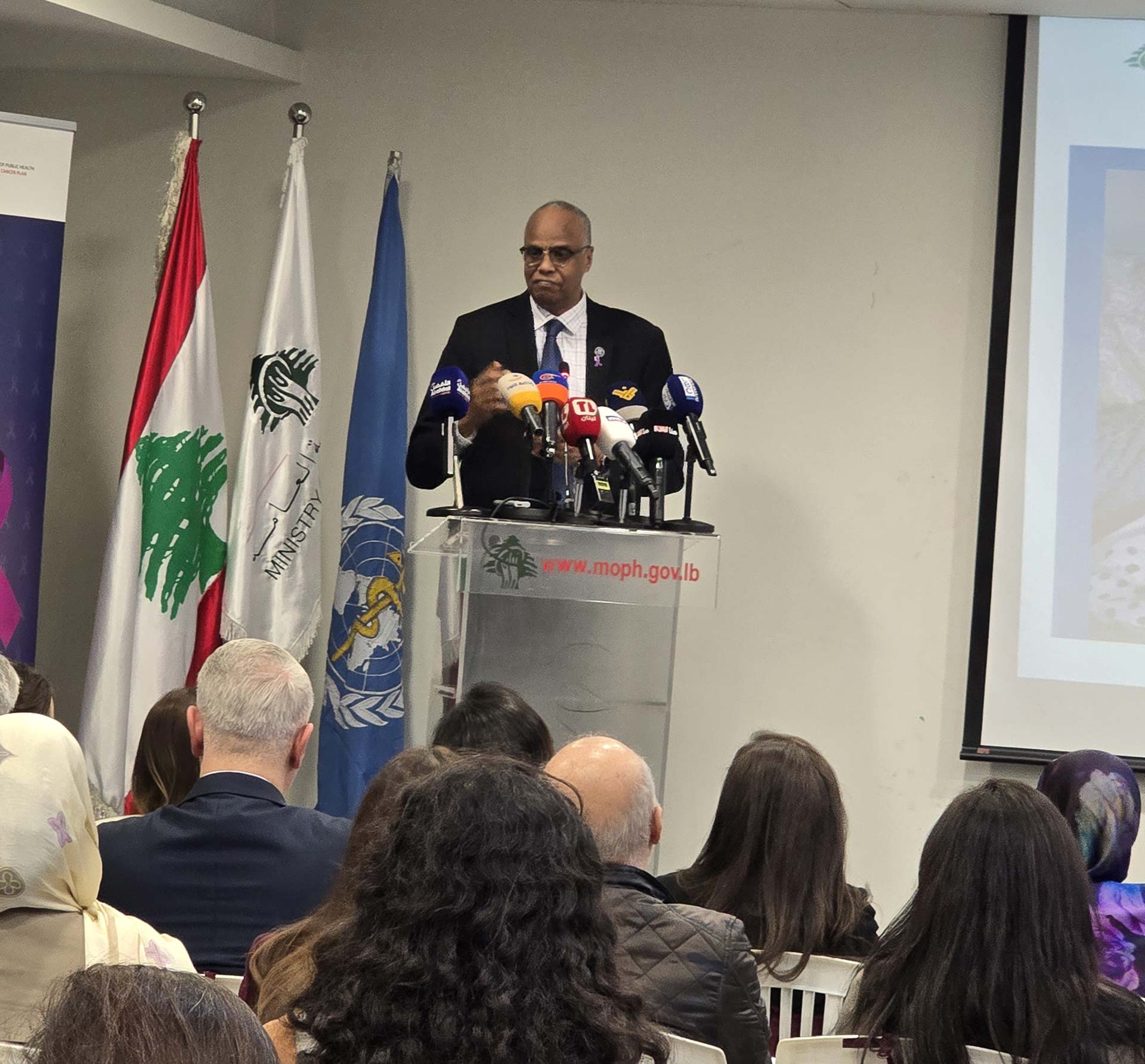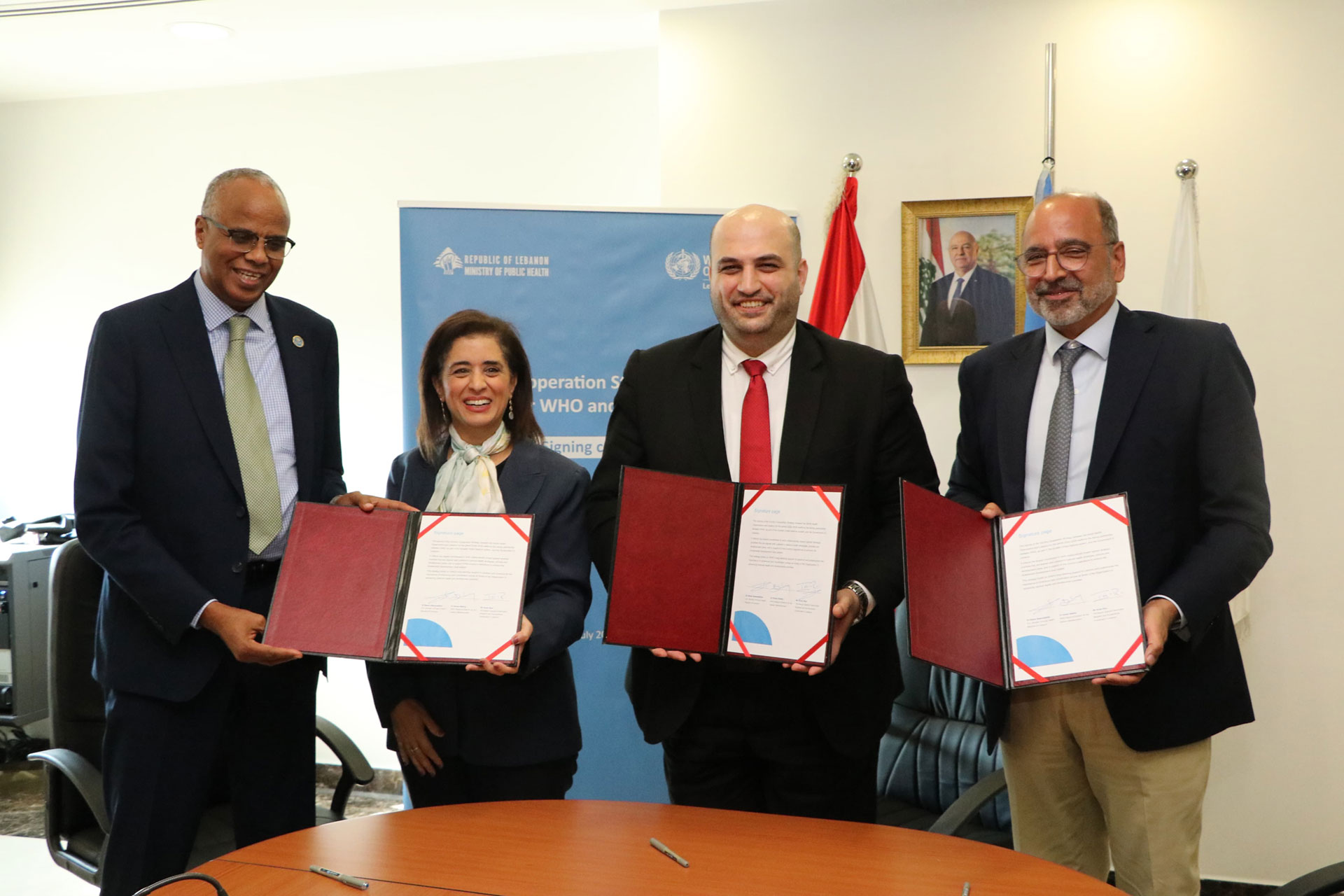Lebanon
Highlights
Lebanon launches its first national campaign on adolescent health
18 December 2025, Beirut, Lebanon – On 16 December, Lebanon launched its first national campaign on adolescent health and well-being. The launch, held at the Grand Serail under the patronage of Ambassador Sahar Baasiri Salam, brought together ministers, senior government officials, youth groups and national partners. Jointly developed by the Ministries of Public Health, Education and Higher Education and Youth and Sports, with technical support from the World Health Organization Lebanon, the campaign aims to address the growing health risks facing 10–19 year-olds. The coordinated, multisectoral effort to support adolescents across the country responds directly to concerning trends, identified in the 2024 Global School-based Student Health Survey in Lebanon, related to mental health, nutrition, physical activity, road safety, sleep patterns, screen use and substance use among adolescents. Investing in adolescent health is one of the most effective ways to improve population health....













